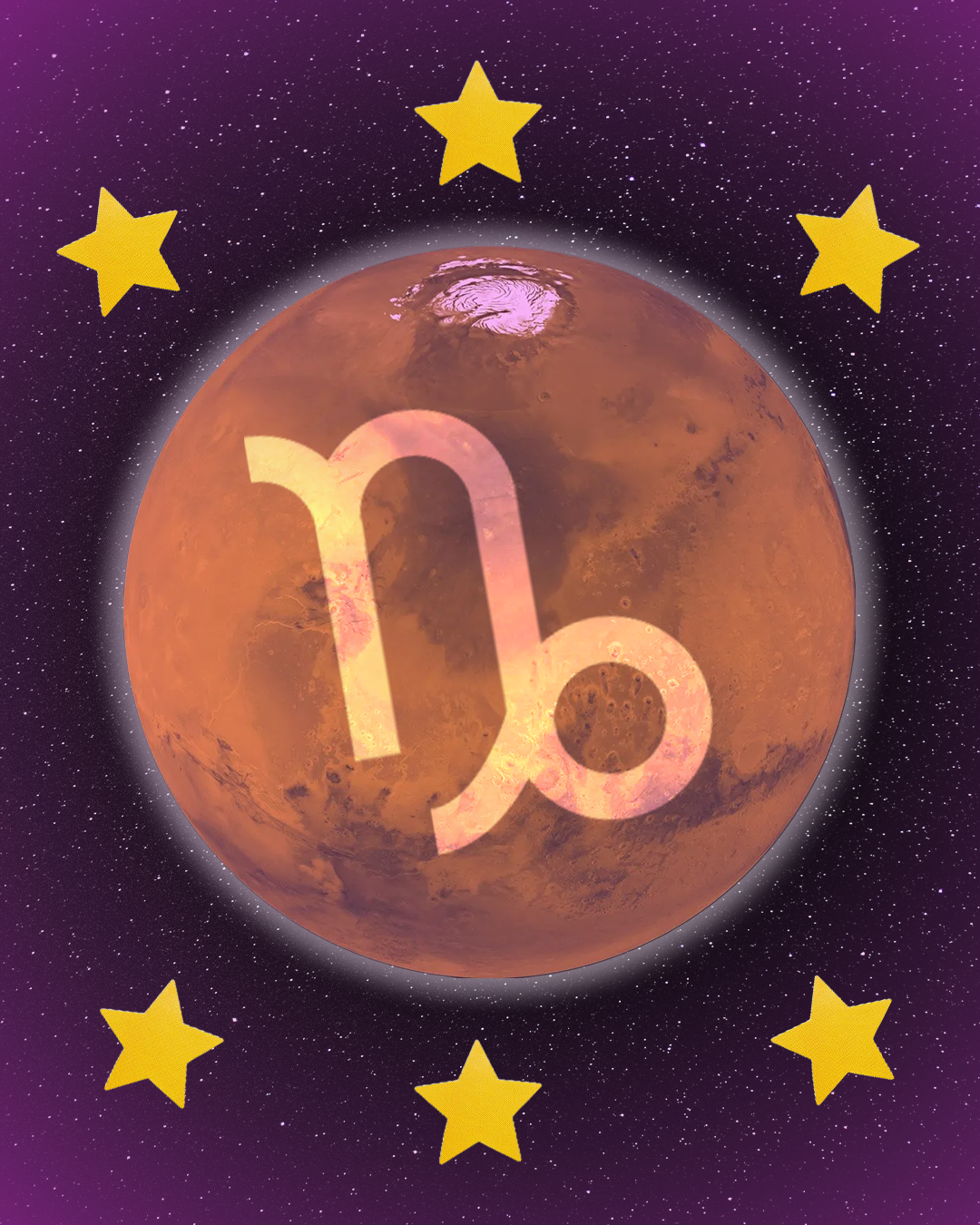
How to understand if a relationship is toxic? The cinematic conception of relationships creates expectations that do not reflect healthy bonds
The case of Johnny Deep to Amber Heard, which after the defendant's slip involving make-up and calling out Kate Moss - Depp's ex - has become a trending topic, we hear a lot about toxic relationships. Between unbreakable bonds that turn people off and entertain viewers on a reality show in the Twilight Zone, gossip that causes an adrenaline rush, and the unhealthy conception that between movies and TV series we've come to have of what it means to be in a relationship, how do we recognize a sick bond? Once again, we asked Oratio, a team of psychologists active in the Turin area, to better understand what are the red flags to watch out for and how to avoid triggering an emotional run-up to a bond that would only end up crashing anyone into a cliff.
To understand what a toxic relationship is perhaps one can start with what a nontoxic relationship is, but unearthing the differences is not so easy or obvious. Books and movies have helped create in the mind imagery in which intense relationships characterized by emotional rollercoasters are desirable and perceived as the only true, important, authentic ones in a world where the feeling is the only possible condition for perceiving oneself as alive, constant. In this cinematic, adolescent mindset, there is a tendency to mistake difficult and toxic relationships as interesting for the only ones worth living.
"Ideally, relationships should be inexhaustible sources of confrontation, growth, well-being but the truth is that real relationships are composed of so many elements, including suffering. The meeting of two people and the building of the dynamics of the love relationship can in fact bring with it a lot of difficulty, suffering, conflict, all elements in reality that are also evolutionary and foundational to a deep understanding of the other. This becomes too much to bear when one no longer recognizes oneself, loses oneself in the other in that "so kind and honest" way of apparently "being one heart in two"."
This mechanism makes one dependent, leads to not feeling seen as individuals who are members of a group, and to experience a relationship as a condition of isolation, and not communion of emotions, in which behavior patterns that are not one's own and totally foreign to us are reproduced by reflex.
Obviously, physical, verbal, emotional, and psychological violence is also a signal that should not be avoided: if you are devalued and your frailties are used against you, you feel both guilty and trapped because the other has power over both your happiness and your unhappiness, which then become the same thing in a suffocating vicious cycle.
To read them, these dynamics seem so serious as to be impossible to miss. The truth is that they are much more common and close than they seem; they happen and enter everyday life in subtle ways. Those in toxic relationships are not unlucky or deeply wrong. Love (in all its forms and connotations) is private, personal even before it is relational. The choice of partner and the patterns of mates we choose as most suitable for us and the relational dynamics we establish are conditioned by the relationship established with our parental figures, so in every more or less healthy relationship there is a re-enactment of dynamics that belong to such relationships.
Without wanting to reduce the complexity of human relationships to trivial linear causalities, we cannot think of understanding ourselves relationally today without looking at the relationship within which love was born, is lived and is taught: with our parents. The fundamental resource then becomes self-awareness, necessary to be able not to act out what we have suffered but on the contrary to be able to transform it and be able to use it without causing pain.
"I believe that it is always possible to create a loving relationship that contains healthy personal self-esteem, self-seeking and a non-neurotic projection of the ideal onto our partner, if we engage in a personal work of healing the wounds of our childhood caused by the damaged relationship with our parents. In fact, fortunately we are not 'our damage' past, we have suffered it but we can transform the damage into a gift so that we can live our existence to the fullest now" (Morganti, 2009)."
If what has just been said resonates with you, speaks of you or someone you know, do not hesitate to ask for or bring help to a suitable professional figure. It is possible to turn to private professionals to begin a journey of psychological support, such as Oratio, who can be reached via Instagram Direct or at contacts on their website.
























































